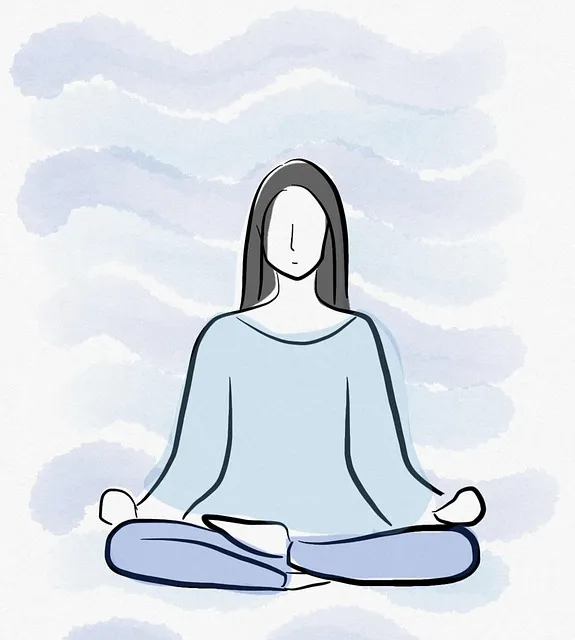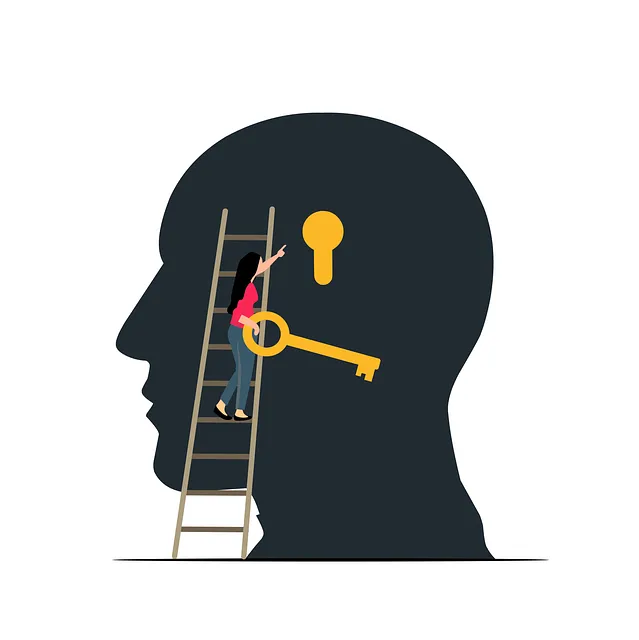The Kaiser Permanente mental health center reviews Parker emphasize self-care as a cornerstone of well-being, promoting strategies tailored to diverse needs. By integrating regular, personalized self-care practices into daily routines, individuals can enhance resilience, manage stress, and improve quality of life, as highlighted by the center's insights. Cultural sensitivity and recognizing the mental-physical health connection are key aspects, with coping mechanisms, mindfulness, and support networks playing vital roles in trauma support services. Expert guidance from Parker encourages starting small, incorporating sensory activities and tools like journaling for inner strength development, ultimately preventing burnout and alleviating anxiety.
In today’s fast-paced world, self-care is not a luxury but a necessity. Understanding its importance forms the foundation for achieving overall well-being. This article explores effective self-care strategies backed by insights from the Kaiser Permanente Mental Health Center and Parker’s research. We’ll delve into practical tips and tools to integrate self-care into daily routines, fostering sustained improvement and enhancing quality of life.
- Understanding the Importance of Self-Care: A Foundation for Well-being
- Effective Self-Care Strategies: Kaiser Permanente Mental Health Center Reviews Parker's Insights
- Integrating Self-Care into Daily Life: Tips and Tools for Sustained Improvement
Understanding the Importance of Self-Care: A Foundation for Well-being

Self-care is not a luxury but a necessity for maintaining overall well-being, often recommended by healthcare professionals like those at Kaiser Permanente mental health center reviews Parker. It forms the foundational pillar of a healthy and fulfilling life, enabling individuals to manage stress, improve resilience, and enhance their quality of life. The significance of self-care extends beyond mere relaxation; it empowers people to take charge of their mental, physical, and emotional health.
Cultural Sensitivity in Mental Healthcare Practice and Mental Health Policy Analysis and Advocacy play crucial roles in promoting effective self-care strategies. By recognizing and addressing individual differences, these approaches ensure that self-care practices are inclusive and cater to diverse needs. Additionally, understanding the interplay between mental health and overall well-being, such as focusing on Depression Prevention, helps individuals recognize the importance of maintaining a balanced lifestyle to prevent and manage mental health challenges.
Effective Self-Care Strategies: Kaiser Permanente Mental Health Center Reviews Parker's Insights

The Kaiser Permanente Mental Health Center reviews highlight the importance of effective self-care strategies in maintaining a healthy balance. Parker’s insights emphasize that mental well-being is a cornerstone for professionals, especially those in high-stress fields like healthcare. By prioritizing self-care, individuals can enhance their resilience and reduce burnout risks. This involves practicing emotional intelligence, which allows for better stress management and effective communication.
In the context of trauma support services, self-care becomes even more critical. Mental health professionals must ensure they have robust coping mechanisms to handle complex cases. Regular risk assessments are recommended to identify potential triggers and areas needing improvement. Incorporating mindfulness practices, coupled with a supportive network, can significantly contribute to an individual’s overall mental health and well-being.
Integrating Self-Care into Daily Life: Tips and Tools for Sustained Improvement

Integrating self-care into your daily routine is a transformative journey that fosters both physical and mental well-being. It’s about creating sustainable habits that recharge your energy, enhance resilience, and ultimately lead to improved quality of life. The key lies in making it an inherent part of your day, not just a sporadic activity. Start by breaking down self-care into manageable segments tailored to your needs. For instance, dedicated time for exercise or mindfulness practices can be as simple as 15 minutes each morning or evening. Incorporate activities that stimulate your senses and bring you joy; this could be reading, painting, or spending time in nature.
The Kaiser Permanente mental health center in Parker offers valuable resources for those seeking guidance. Their expertise emphasizes the importance of consistent self-care routines to combat burnout prevention and anxiety relief. By engaging in regular practices that nurture inner strength development, you can build a buffer against life’s challenges. Tools like journaling, deep breathing exercises, or even setting aside time for hobbies can be powerful allies. Remember, it’s about finding what works best for you, ensuring your well-being is not an afterthought but a deliberate and consistent priority.
Self-care is not a luxury, but a necessity for maintaining overall well-being. By integrating effective strategies into daily life, as reviewed by Kaiser Permanente Mental Health Center based on Parker’s insights, individuals can foster resilience and improve their quality of life. Remember that consistent effort and personalized practices are key to sustained improvement. Embrace these tips and tools to embark on a journey of self-improvement and discover your inner balance.






